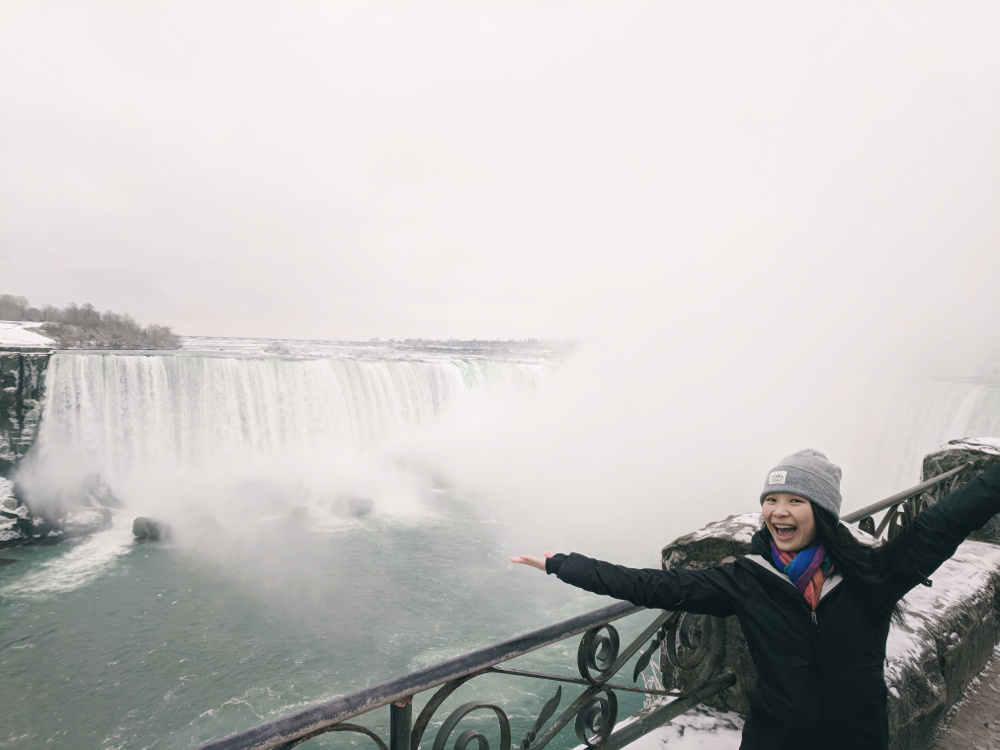The discovery could point to similar reservoirs adjacent to water starved areas.
Photo of Bradley Beach, New Jersey, by Ryan Loughlin on Unsplash.
It’s rare to hear good news on the climate, but occasionally we get lucky. Last month, scientists led by Chloe Gustafson of Comumbia’s Lamont-Doherty Earth Observatory published an article in the Scientific Reports journal. Their discovery? A large freshwater aquifer located off the northeast coast of the U.S.
The possibility of an aquifer was initially discovered during offshore oil drilling in the 1970’s, when oil companies noticed that they occasionally hit pockets of freshwater in the north Atlantic. There was no consensus at the time on whether these were merely isolated areas or if they pointed to something larger. Then, in the late 90’s, Kerry Key, a geophysicist who co-authored the study, began working with oil companies to develop electromagnetic imaging techniques that could help them better examine the sea floor for oil. He later adapted the technology to look for freshwater deposits.
More recently, Key and his colleagues spent 10 days on board a research vessel, charting areas where freshwater had been discovered. “We knew there was freshwater down there in isolated places, but we did not know the extent or geometry,” Chloe Gustafson explained in a press release.
According to the report, the aquifer spans from New Jersey to Martha’s Vineyard, and carries an estimated 670 cubic miles of water lying beneath sponge-like sediment which separates it from the saline ocean water. “These aren’t open caverns or lakes underneath the seafloor,” Gustafson told NBC, “this is water trapped within the pores of rocks, so it’s sort of like a water-soaked sponge.” The reservoir reaches from 600 to 1,200 feet below the seafloor. For comparison, the aquifer carries more than half the water of Lake Michigan.
While the discovery of a large freshwater source is exciting under any circumstance, it is unlikely to have a major impact on access to water in New England, as the area is receives a good amount of rainwater. While the aquifer could be pumped, and the water exported to more arid areas, such efforts would be expensive and unsustainable. Graham Fogg, hydrogeology professor at the University of California Davis, told NBC that “there’s a limit to how much you can pump sustainably. It would take a long time to empty these aquifers, but we wouldn’t want to get to a point where we’ve pumped so much that we’ve exhausted the supply.”
The impact of the study lies in the possibility that such reservoirs could exist off the coasts of drier, more arid places that are prone to water shortage. NBC reports that pointers to the possibility of aquifers have already been found off the coasts of Greenland, South Carolina, and California.
As we experience the effects of climate change, and especially in light of the water shortage in Chennai, this is indeed good news.
EMMA BRUCE is an undergraduate student studying English and marketing at Emerson College in Boston. While not writing she explores the nearest museums, reads poetry, and takes classes at her local dance studio. She is passionate about sustainable travel and can't wait to see where life will take her.






